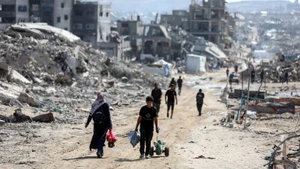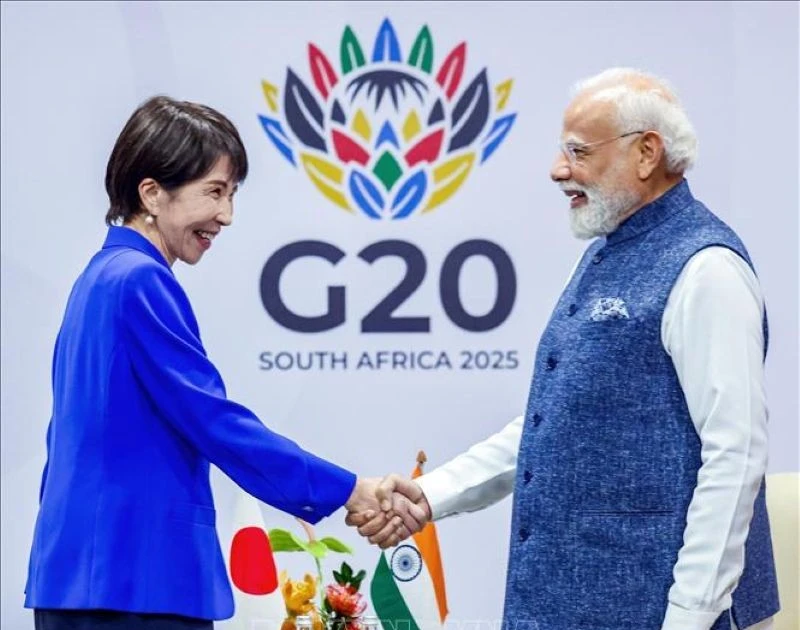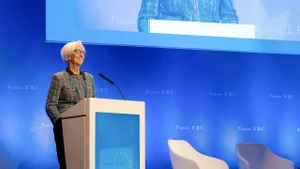The Finance for Sustainable Development Report 2024 (FSDR 2024) recently published by the United Nations shows that the annual financial shortfall for development is currently as around 4.2 trillion USD, a sharp rise from the 2.5 trillion USD before the COVID-19 pandemic. The financial shortage has become alarming due to the impact of crises such as the pandemic, geopolitical tensions, climate disasters, and the global cost of living crisis. 50% of the 140 SDGs have fallen off track or are unable to make progress. More than 30% of the SDGs did not record any progress or even regressed compared to 2015.
The report states that stopping the global effort to achieve the SDGs could cause greater political instability, hit the economy and lead to irreparable damages to the environment. The world’s poorest and most vulnerable people are bearing the brunt of unprecedented global challenges.
United Nations Deputy Secretary General Amina J. Mohammed assessed the report as evidence that the world needs stronger and more drastic action to mobilise finance on a large scale. According to her, the lack of financial resources will lead to the risk of being unable to achieve the goals of the 2030 Agenda for Sustainable Development. According to estimates by the United Nations, if the current situation does not improve, the world will see nearly 600 million people falling into extreme poverty by 2030, more than half of whom are women, while 84 million children will not be able to go to school.
Under-Secretary-General for Economic and Social Affairs Li Junhua emphasised that the world is experiencing a serious sustainable development crisis due to many factors such as inequality, inflation, debts, conflicts, and climate disasters. These problems hinder progress toward achieving the SDGs by 2030. According to the world’s largest multilateral organisation, factors exacerbating the crisis include escalating debt burdens and soaring borrowing costs. In addition, more than half of the world’s debt is due to increasing and frequent climate change-related disasters, negatively affecting all countries but especially poor and vulnerable countries.
The COVID-19 pandemic is an unexpected variable that not only disrupts the lives of all people on the planet, but also sets back social development, at least according to the indicators set by the SDGs. COVID-19 has weakened global health care systems and seriously damaged economies and financial markets. The UN report states that the impacts of the pandemic hinder three decades of steady progress on poverty reduction, with the number of people living in extreme poverty expanding by 119-124 million, with South Asia accounting for 60%.
While investment in SDG sectors rose steadily in the early 2000s, major sources of development finance are showing signs of slowing down. Domestic income growth has slowed since 2010, especially in least developed and low-income countries, largely due to problems related to tax evasion. In addition, corporate income taxes are falling, with the global average falling sharply from 28.2% in 2000 to 21.1% in 2023 as a result of the impact of globalisation and competitive tax regulations, thus making budget revenue shrink and leading to less contributions to the SDGs.
More than half of the SDG journey has passed, with only seven years left. The United Nations report is given as a wake-up call to everyone and every country. United Nations Secretary General Antonio Guterres called for countries to together turn the present moment into a moment of hope. Countries, especially rich countries, need to make efforts, take accountability, and actively contribute finance towards achieving the Sustainable Development Goals.
















